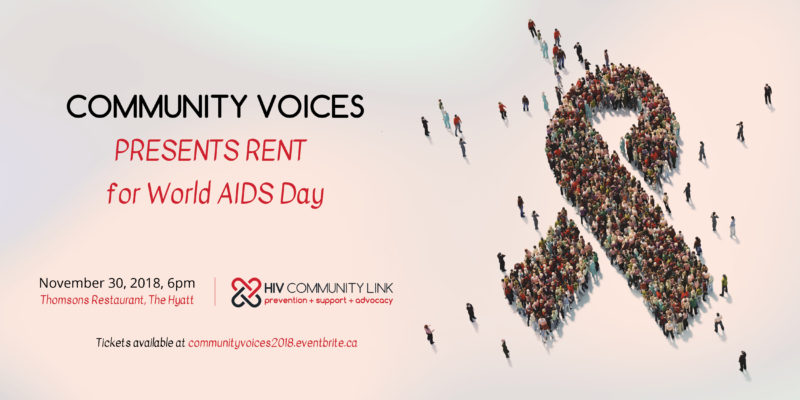Bill just turned 50, and has been living with HIV for 28 years. He grew up in a home where his family faced multiple challenges: his father struggled with his alcohol use, his sister had disabilities, and relationships with his parents were strained. Bill remembers how his close relationship with his mom was impacted when he came out. “When I came out at 19, my mom told me I needed to go to church. For years, she prayed and tried to convert me to being straight. It was probably ten years ago when she realized that’s not going to happen.”
Bill’s mother, who is his best friend, cut him out of her life for a year after he came out. When she came back, Bill was living with his partner. The relationship lasted for a few years until his partner broke up with him, leaving Bill with an HIV diagnosis. Bill was 22 when he tested positive for HIV, and his diagnosis had a profound impact on him. “I just totally went numb. I was walking around like I was the only living being on earth and everything else was just props on a stage,” Bill remembers. Filled with resentment, he took his ex-partner to court. “He was my first love,” says Bill, recalling his broken heart. He quit his job and left school. Ending up on social assistance, Bill eventually returned to his parents’ home for a place to live.
Bill’s diagnosis was in the middle of the AIDS crisis. He recalls that people were dying “left, right and centre” and he lost a lot of friends. Some of them couldn’t cope with the fact they were HIV positive, and with how it impacted their relationships. Many turned to drugs and alcohol to cope. “My own family told me they didn’t feel sorry for me, that I knew what I was going into when I chose this lifestyle. I will never forget those words.”
But Bill went on with life. “It took me two years to come to the grips with it somewhat,” he recalls. Years later, Bill also came to terms with his anger toward his partner, remembering how he finally asked his lawyers to close the case against him. He started rebuilding his life and got a job at a grocery store, where he worked for the next 23 years.
This work provided him with a reason to continue on, but the shiftwork took its toll on him. His doctor provided him a note for his employer, revealing that Bill had an “underlying condition.” From that moment on his employer tried everything to find out about his condition, as his health continued to deteriorate. “In 2004, I was on my death bed. I was anorexic, in really bad shape. I got blood transfusions. When I went back to work, I could only work part-time shifts,” he remembers, saying that employer finally found out about his status. “They knew better not to fire me, but they refused to give me work. I went to arbitration. I won and got my job back. For the next two years, they made my life so miserable that I was on and off short-term disability. I was segregated; they would make rude sarcastic remarks. I would work all alone because people were afraid to get HIV.” Bill went on long-term disability in 2008 and says that losing his job was a heavy thing to deal with. He adds that he would still be working, had he been treated properly.
Bill started coming to HIV Community Link almost two years ago. At first, he received supportive counselling with our social worker and more recently he has been participating in Friday lunches and other social activities. He enjoys coming to the drop in space to spend time with peers. This summer, he achieved a major milestone for himself when he walked in the Pride Parade in Calgary for the first time holding a U=U (Undetectable = Untransmittable) banner.
Bill believes that the most important thing when dealing with a chronic disease like HIV is to be able to reach out to your friends and family for support. “Yes, I am physically alive and I am here. Mentally, the effects of being HIV positive go far beyond than taking a pill every day. Being HIV positive is so much more. I was afraid to let people know my secret; I have educated my family and will continue to do so. I take care of my sister. I want people to know that we are all humans, we shed the same tears, and that stigma is greater than the diagnosis.”
________________
Join us for Community Voices for World AIDS Day and show your support for people living with HIV:
Tickets available at http://communityvoices2018.eventbrite.ca

